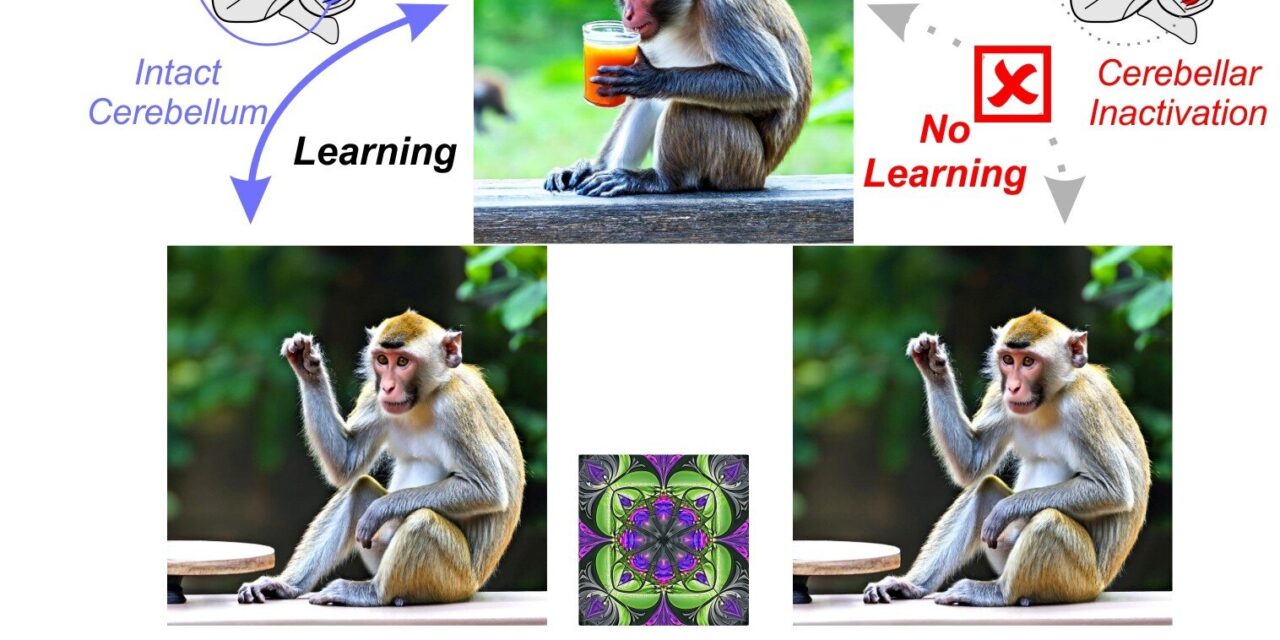Neuroscientists from the University of Pittsburgh School of Medicine and Columbia University have uncovered groundbreaking insights into the role of the cerebellum in reward-based learning, shedding light on its impact beyond regulating movement. Published in Nature Communications, the study demonstrates that the cerebellum plays a vital role in cognitive functions, particularly in learning associations between visual cues and motor responses.
The cerebellum, a structure located at the base of the skull, has long been recognized for its role in coordinating movement and balance. However, recent research suggests that it may also contribute to cognitive processes, challenging traditional views of its function. Led by co-lead investigators Andreea Bostan, Ph.D., from the University of Pittsburgh, and Naveen Sendhilnathan, Ph.D., from Columbia University, the study sought to explore the cerebellum’s involvement in reward-based learning.
“Contrary to previous assumptions, our findings suggest that the cerebellum plays a crucial role not only in motor control but also in cognitive functions such as learning and decision-making,” said Dr. Bostan.
To investigate the cerebellum’s role in reward-based learning, the research team trained monkeys to associate specific visual cues with corresponding hand movements, with the promise of a reward—a sip of juice—for correct responses. By manipulating the activity of neurons in the posterior lateral region of the cerebellum, the researchers observed significant changes in the monkeys’ ability to learn new associations.
“When we temporarily blocked the activity of the posterior lateral cerebellum, we observed a marked impairment in the monkeys’ ability to learn new associations between visual cues and motor responses,” explained Dr. Sendhilnathan. “This underscores the critical role of this brain region in reward-based learning.”
Crucially, the study found that inactivation of the posterior lateral cerebellum did not affect the monkeys’ motor performance, highlighting the specificity of its role in cognitive functions. The research provides valuable insights into the underlying mechanisms of cerebellar disorders and offers potential avenues for therapeutic interventions.
“Our findings have significant implications for our understanding of cerebellar function and its impact on cognitive processes,” noted Dr. Bostan. “By elucidating the role of the cerebellum in reward-based learning, we are paving the way for targeted treatments for cerebellar disorders and related cognitive deficits.”
The study represents a significant advance in our understanding of the complex interplay between the cerebellum and cognitive functions, opening new avenues for future research and therapeutic interventions.












